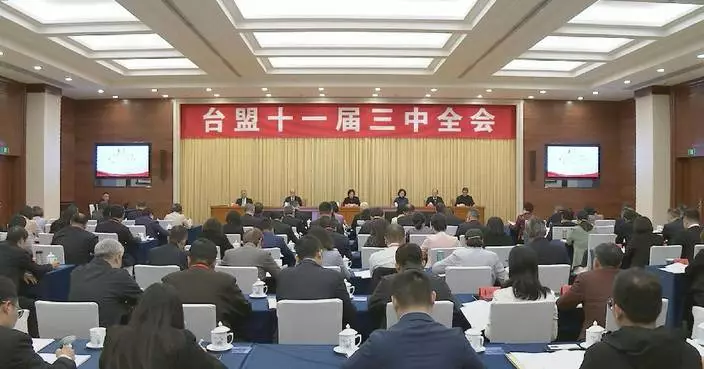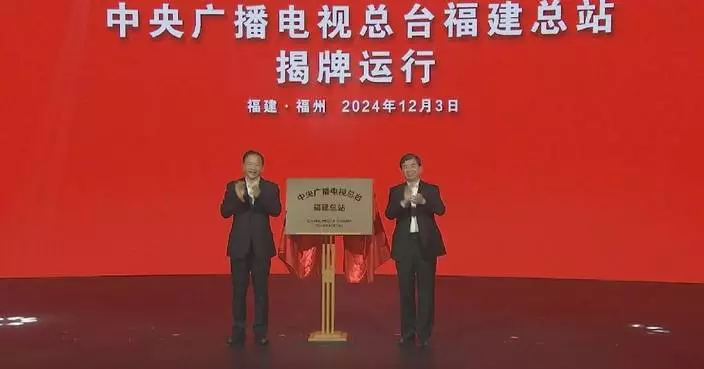China's road logistics price index went up slightly in November, driven by the continued recovery in market demand and the growing supply of road transport capacity, industry data showed on Wednesday.
The index came in at 104.6 in November, up 0.75 percent compared to the same period last year, according to the data from the China Federation of Logistics and Purchasing (CFLP).
The sub-index for full-truckload logistics, which mainly tracks bulk commodity and regional transportation, increased by 1.01 percent to reach 105 compared to the same period of last year, the data showed.
The CFLP attributed the growth in the index to the overall improvement in economic performance in November, driven by the positive effects of both existing and new policies. This, in turn, supported the ongoing recovery in market demand and encouraged greater participation from freight companies and individual drivers, leading to an increase in transport capacity supply, said the federation.

China's road logistics price index rises slightly in Nov

China's road logistics price index rises slightly in Nov
Chinese industrial associations have voiced strong opposition to the United States' latest control measures on semiconductor export and urged domestic firms to exercise caution when purchasing U.S. chips.
The U.S. government on Monday announced a new round of export restrictions on China, adding more than 140 Chinese companies to the trade restriction list, involving multiple types of semiconductor products including semiconductor manufacturing equipment and electronic design automation tools.
The Internet Society of China (ISC), the China Semiconductor Industry Association (CSIA), and the China Association of Automobile Manufacturers (CAAM) on Tuesday released statements respectively, saying that the U.S. has once again undermined the long-standing consensus on fairness, rationality and non-discrimination reached by relevant global industries and the WTO's purpose of fair trade, and cautioned Chinese companies against buying U.S. chips.
The ISC stated that the U.S. generalization of the concept of national security and its abuse of export control measures to impose unwarranted blockades and suppression on China have shaken the industry's trust and confidence in U.S. chip products.
The ISC also called on domestic companies to take proactive countermeasures, make careful decision when purchasing U.S. chips, seek to expand cooperation with chip companies in other countries and regions, and actively use chips manufactured by domestic and foreign companies in China.
The CSIA said the U.S. arbitrary control measures against China have caused disruptions in the supply chain and increased operating costs for American companies, affecting the stable supply of U.S. chips and making them no longer secure and reliable, and related Chinese industries have to exercise caution when procuring chips from the U.S.
The CAAM shared the concerns of the ISC and the CSIA, saying that the U.S. government arbitrarily modified regulatory rules, which has seriously affected the stable supply of U.S. chip products and is shaking the trust and confidence of the Chinese automotive industry in procuring chip products from American companies.
The CAAM said it welcomes global chip companies to strengthen collaboration with Chinese automotive and chip enterprises in various aspects, invest in China, engage in joint research and development, and share development opportunities.

Chinese associations caution against buying US chips over semiconductor export control











